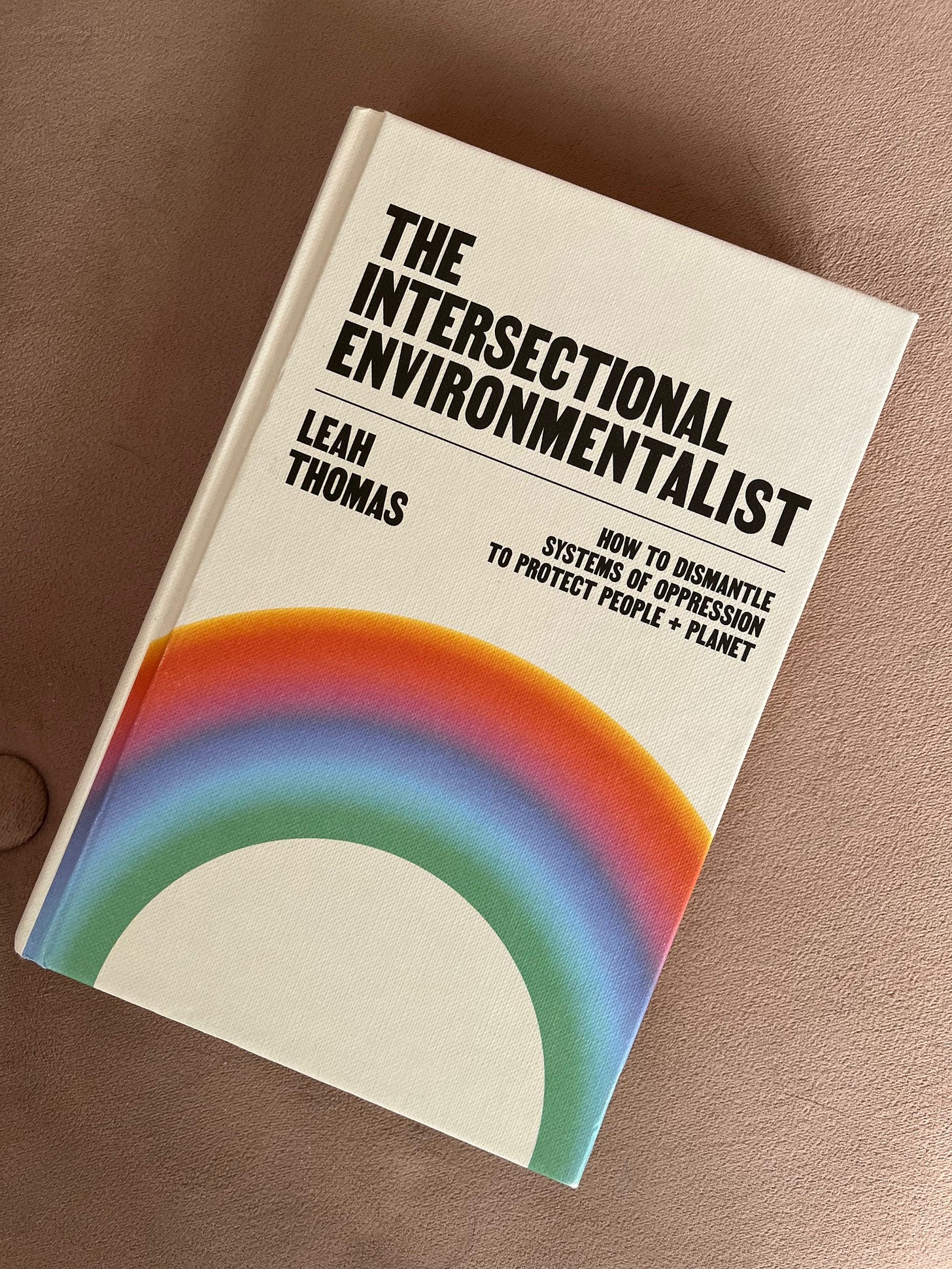
By now you will be aware of Prime Minister Rishi Sunak’s speech last week at the Conservative Party conference, where amongst a plethora of issues, he touched on gender. Mr Sunak used part of his speech to weigh in on debates surrounding transgender rights.
He said:
“And we shouldn’t get bullied into believing that people can be any sex they want to be. They can’t, a man is a man and a woman is a woman. That’s just common sense.”
His speech followed other Cabinet members such as Home Secretary Suella Braverman, as well as Health Secretary Steve Barclay who has announced a ban on trans women from female NHS wards.
British singer, Will Young, opened up about his fears as a gay man yesterday, speaking from the Labour Party conference in Liverpool. Will Young cited that he would be leaving the UK if the Conservatives win the next election. Will Young said:
“I’ve seen a lot of improvements – gay marriage, equal rights. I’ve seen a lot of rights come my way and now we are seeing a Conservative Party going for minorities. I thought we’d got better. I’m not scared for my life, I’m scared for the country. It deliberately creates a climate of fear.” [source Independent].
On this, our Representation and Inclusion Director, Dr. Royce Mahawatte said:
“Rishi Sunak’s attack on trans people is dangerous and utterly unfitting to public office. No one is bullying anyone into accepting people’s pronouns.
”There has never been a period in history where ‘a man is a man and a woman is a woman’.
”Maybe instead he should attack those who have been causing poverty for millions of people in the country, or those who have been systematically running down and asset stripping of the NHS. This is the result of thirteen years of Conservative government.
“Creating imaginary enemies out of groups of people who make up less than 1% of the population, and pretending this is ‘common sense’ will not change that.”
The Times: Investigative report on recruiting models from refugee camps
This week, an exclusive investigation by The Times has accused model scouts of recruiting models from one of the world’s largest refugee camps: Kakuma Refugee camp in Kenya.
The investigation focused on Ms Okorodudu, a Nigerian businesswoman who runs the Isis Models agency, who signed models, before marketing them to larger agencies.
The Sunday Times have used interviews with a number of models who fled war-torn African countries in the promise of a better future. The research focused mainly on the Kakuma refugee camp and cited that many did not find their fortune.
Increasingly, there is the discussion within fashion at the lack of diversity on the catwalks. Insiders within the investigation say the interest in African models increased due to the demand for inclusion and with models such as Adut Akech, who fled Sudan, who is regularly booked for luxury fashion shows such as Chanel and Dior.
Inclusion must not be synonymous with exploitation of people.
Book of the week: The Intersectional Environmentalist by Leah Thomas
Cited as a ‘radical and empowering primer for the next generation of activists looking to create meaningful, inclusive and sustainable change,’ Leah Thomas has created a guide to dismantle systems of oppression to protect people and planet. The term ‘intersectional environmentalist’ as a term describes an inextricable link between climate change, activism, racism and privilege.
The book cites:
“It’s evident that social justice and environmentalism are deeply intertwined and that addressing this interconnection is crucial in attaining justice for people and planet.”
The book not only utilises Thomas’ unique voice and expertise, but also expert voice, which are complimented by a plethora of young activists from across the world. The book also offers an amazing additional resource in the way of a toolkit, including podcasts, reports, books, as well as souvenir press recommended resources.
All in all, a must-read, and something which will be close to our desks!
New Episode: Front Row to Front Bench Podcast: Tamara Cincik in conversion with #17 Alden Wicker
In 2019, Alden Wicker was asked to comment on a lawsuit that was being filed by a Delta flight attendant against Lands’ End, because the newly introduced uniform had caused a myriad of health issues, such as skin rashes, shortness of breath, hair loss, anaphylaxis and in one instance death.
In her book, ‘To Dye For’, award-winning journalist and sustainability expert, Alden Wicker, decided to break the story of unregulated toxic chemicals in fashion and their impacts on health and wellbeing.
Historically, in The Victorian era, women garment workers dyed fabrics using arsenic green dyes, and the blame lay on the women for consuming this fashion and not the men who owned the factories or dye houses. Skip forward to this century and the issue remains the same. In her research, Alden discovered the patriarchal issue that almost all of the experts and consultants were male, when it is the women who are far more likely to be affected by the toxins that are in fashion in every way.
What follows is a candid conversation about how dyes can affect our immune systems; how this affects women far more – from those working in fashion, to those consuming fashion, and those in care-taking roles of children with ailments such as asthma. In the US, endocrine disruptors were found in school uniforms, and so Alden talks in detail about ways in which we can reduce our exposure, including staying away from items with productivity promises such as ‘easy care’ or ultra fast-fashion with drop shipping.
The conversation leads to how we can better legislate against these issues. Particularly with new trade deals in the pipeline, deregulation on textiles and dyes could result in a saturation of fast fashion.
Alden provides her top list for policy asks:
An ingredient list on clothing. Right now it's very disempowering that this isn’t on clothing.
Endocrine disruptors – hormone disruptors which can cause effects in our bodies such as issues to our immune system, energy levels, skin, brain function and reproductive systems – these should be banned.
PFAS should be banned completely.
A reaction to fragrance should be taken seriously, particularly in the workplace.
To buy Alden Wicker’s book, follow this link:
Read our 'in conversation' interview with Alden here: https://www.fashionroundtable.co.uk/news/in-converstion-with-alden-wicker
Publisher: Penguin Random House
Website: EcoCult
How to fix fashion and protect the planet: Amy Powney x TED Talk
Source: Jasmina Tomic / TED
Creative Director of British clothing brand ‘Mother of Pearl’ Amy Powney is cutting a path to create a transparent fashion sector. Post her film ‘Fashion Re-imagined’ which was released last year, Powney has taken to the TED talk stage to discuss topics such as:
How our clothes are made from natural resources and contribute to climate change.
Our overconsumption and the fact that out wardrobes are more well travelled than we are and older e.g. a tree is cut down between 30-100 years and fossil fuels take thousands of years to create naturally.
Fashion and modern day slavery.
How we need to start to choose ethics as well as aesthetics.
How we reimagine the design system and address profit and loss.






